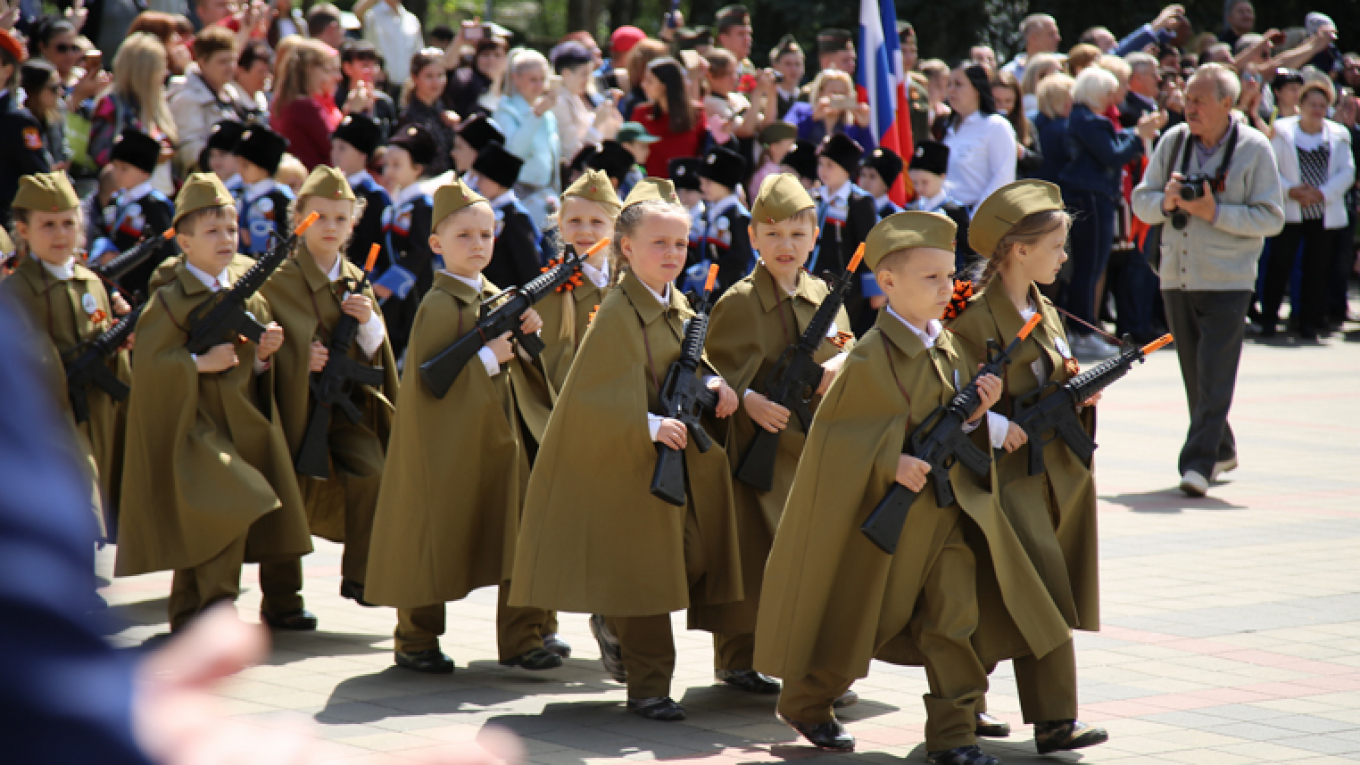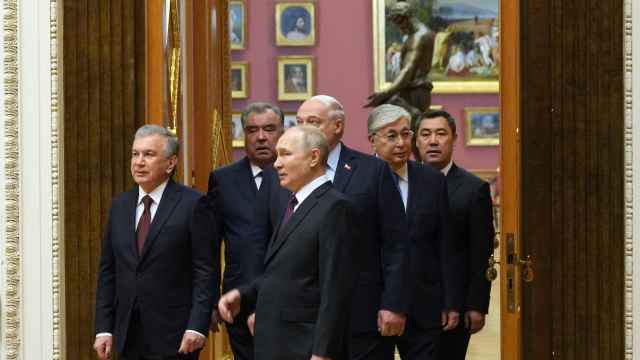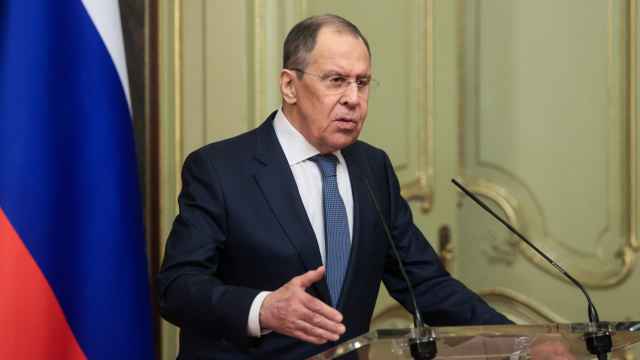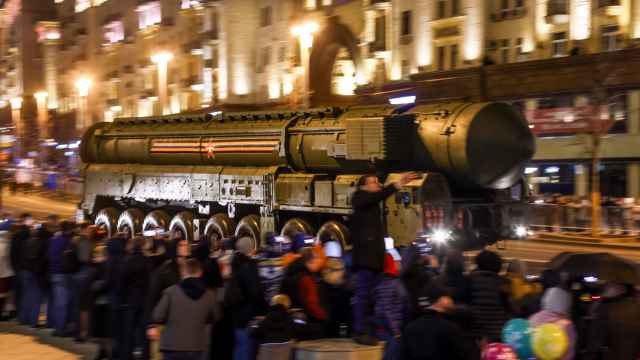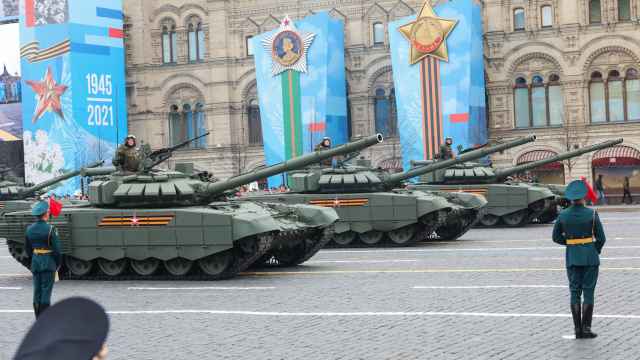Children in southern Russia who donned military uniforms and paraded in front of their parents and officials ahead of Victory Day have generated pride among local authorities and caused outrage elsewhere in Russia.
The Pyatigorsk city administration boasted that around 500 preschoolers dressed as airborne troops, sailors and Soviet soldiers took part in the parade on Monday. Since-deleted footage showed some children as young as 6 armed with mockups of U.S.-made M16 rifles that the Soviet army had never used.
While officials who oversaw the parade said instilling “patriotic education” at a young age contributes to a “healthier society,” others were outraged by the display, saying that children shouldn’t be taught to glorify war.
Tamara Pletneva, the head of the State Duma’s Committee on Family, Women and Children, stressed that kids should not be armed with weapons.
“As for going out with flowers, that’s very good,” she was quoted by the Govorit Moskva radio station as saying.
“I’m terribly saddened that May 9 turned into a kind of carnival in Russia,” Ksenia Chudinova, editor-in-chief of the Snob.ru magazine, said. “But what can you do? Russia has no other fun holidays.”
Psychologist Guzel Makhortova noted that the young military display “feeds the often unhealthy narcissism of adults.”
“Children can begin to identify themselves with warriors, something they’re not due to their natural individuality. Society dictates who they should be,” she told Snob.ru.
A BBC Russia compilation of Victory Day commemorations ahead of May 9 shows that the practice of dressing children in military uniforms stretches from Moscow to Siberia.
The militarization of young Russians comes almost four years after President Vladimir Putin ordered the establishment of Yunarmia — or Youth Army, which has drawn comparisons to the Hitler Youth. As its numbers swelled to half a million by Victory Day, the Youth Army hopes to reach 1 million members between the ages of 8 and 18 by 2020.
Last month, state television launched a new channel targeting Russia’s youth with 24/7 programming dedicated entirely to World War II. In March, security officials announced that delinquent youngsters would be sent to military-patriotic reeducation camps.
A Message from The Moscow Times:
Dear readers,
We are facing unprecedented challenges. Russia's Prosecutor General's Office has designated The Moscow Times as an "undesirable" organization, criminalizing our work and putting our staff at risk of prosecution. This follows our earlier unjust labeling as a "foreign agent."
These actions are direct attempts to silence independent journalism in Russia. The authorities claim our work "discredits the decisions of the Russian leadership." We see things differently: we strive to provide accurate, unbiased reporting on Russia.
We, the journalists of The Moscow Times, refuse to be silenced. But to continue our work, we need your help.
Your support, no matter how small, makes a world of difference. If you can, please support us monthly starting from just $2. It's quick to set up, and every contribution makes a significant impact.
By supporting The Moscow Times, you're defending open, independent journalism in the face of repression. Thank you for standing with us.
Remind me later.


